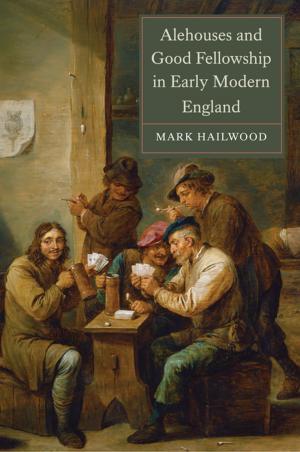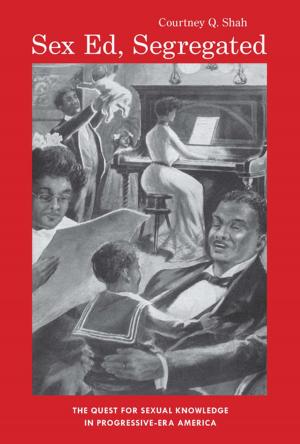Educating Liberty
Democracy and Aristocracy in J.S. Mill's Political Thought
Nonfiction, Religion & Spirituality, Philosophy, Political, Social & Cultural Studies, Political Science, Politics, History & Theory| Author: | Chris Barker | ISBN: | 9781787443716 |
| Publisher: | Boydell & Brewer | Publication: | November 15, 2018 |
| Imprint: | University of Rochester Press | Language: | English |
| Author: | Chris Barker |
| ISBN: | 9781787443716 |
| Publisher: | Boydell & Brewer |
| Publication: | November 15, 2018 |
| Imprint: | University of Rochester Press |
| Language: | English |
Alexis de Tocqueville famously identified the problem of democracy as the "tyranny of the majority," where the rule of the majority oppresses or marginalizes minorities and individuals. John Stuart Mill, perhaps more than any other liberal thinker, attempted to find a solution to this problem. In this study of Mill's political theory, Chris Barker shows how Mill's civic education transforms individuals into citizens who are free to form opinions, analyze arguments, and wield a power capable of moderating the irresponsible power of the ruling majority. Barker examines Mill's thought as it is applied to five prominent components of democratic life-marriage, economic participation, scientific expertise, representative politics, and religion-with particular emphasis on gender and economic reform. Barker concludes that Mill's interpretation of liberty is not well described as either negative or positive. Instead, liberty consists in the mental independence or thinking power of the educated individuals composing and challenging majorities. CHRIS BARKER is Assistant Professor of Political Science at the American University in Cairo.
Alexis de Tocqueville famously identified the problem of democracy as the "tyranny of the majority," where the rule of the majority oppresses or marginalizes minorities and individuals. John Stuart Mill, perhaps more than any other liberal thinker, attempted to find a solution to this problem. In this study of Mill's political theory, Chris Barker shows how Mill's civic education transforms individuals into citizens who are free to form opinions, analyze arguments, and wield a power capable of moderating the irresponsible power of the ruling majority. Barker examines Mill's thought as it is applied to five prominent components of democratic life-marriage, economic participation, scientific expertise, representative politics, and religion-with particular emphasis on gender and economic reform. Barker concludes that Mill's interpretation of liberty is not well described as either negative or positive. Instead, liberty consists in the mental independence or thinking power of the educated individuals composing and challenging majorities. CHRIS BARKER is Assistant Professor of Political Science at the American University in Cairo.















